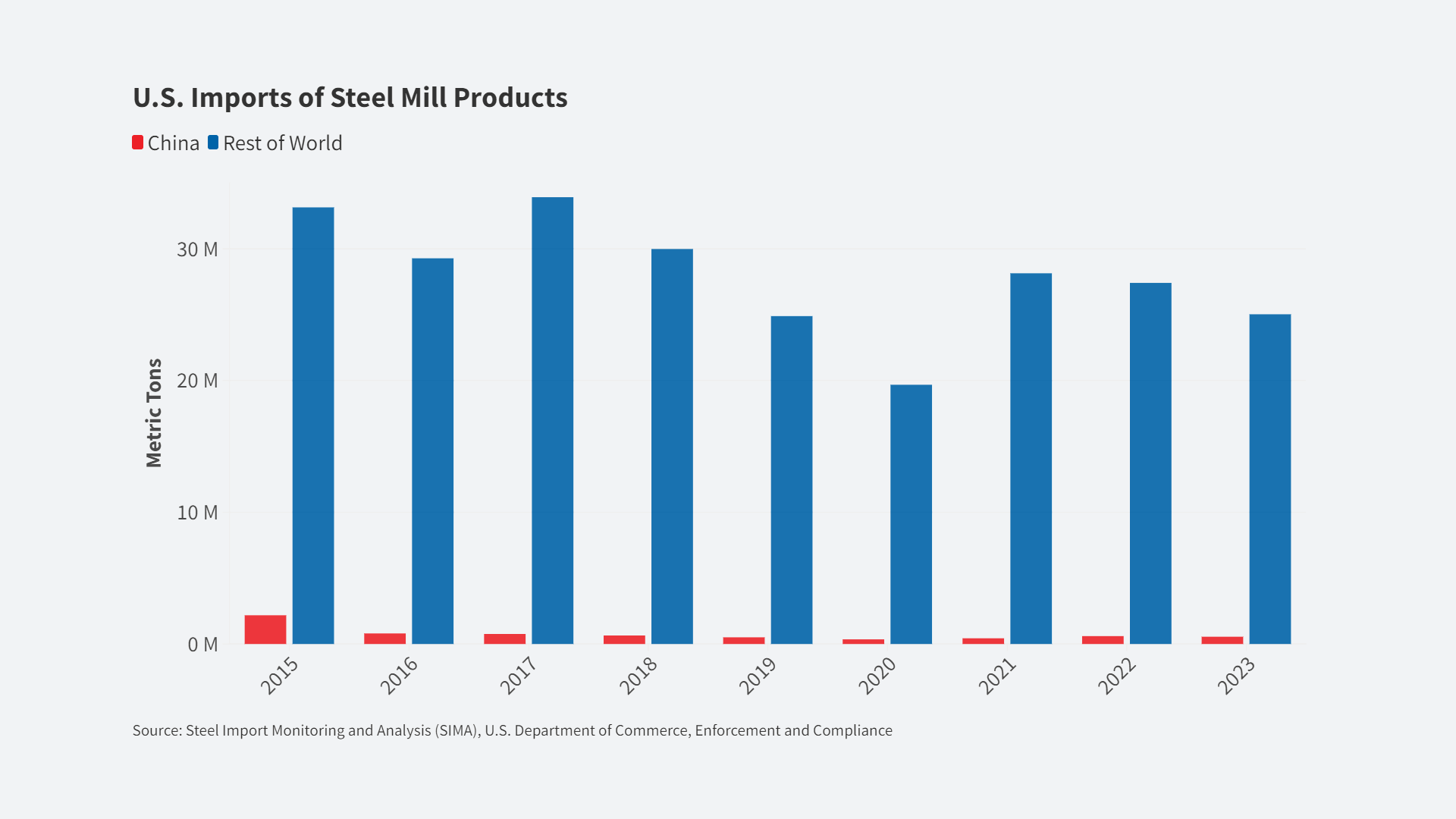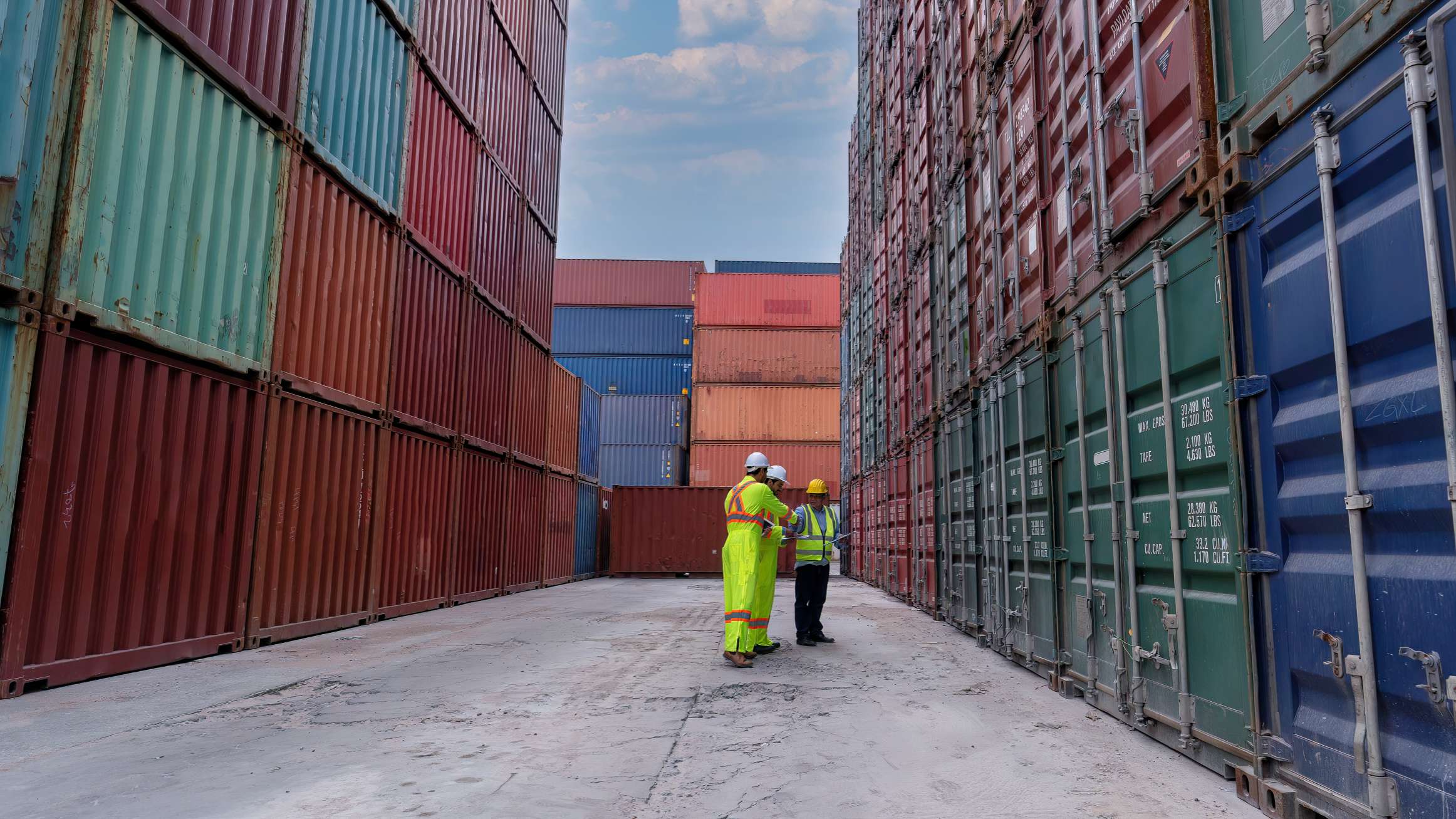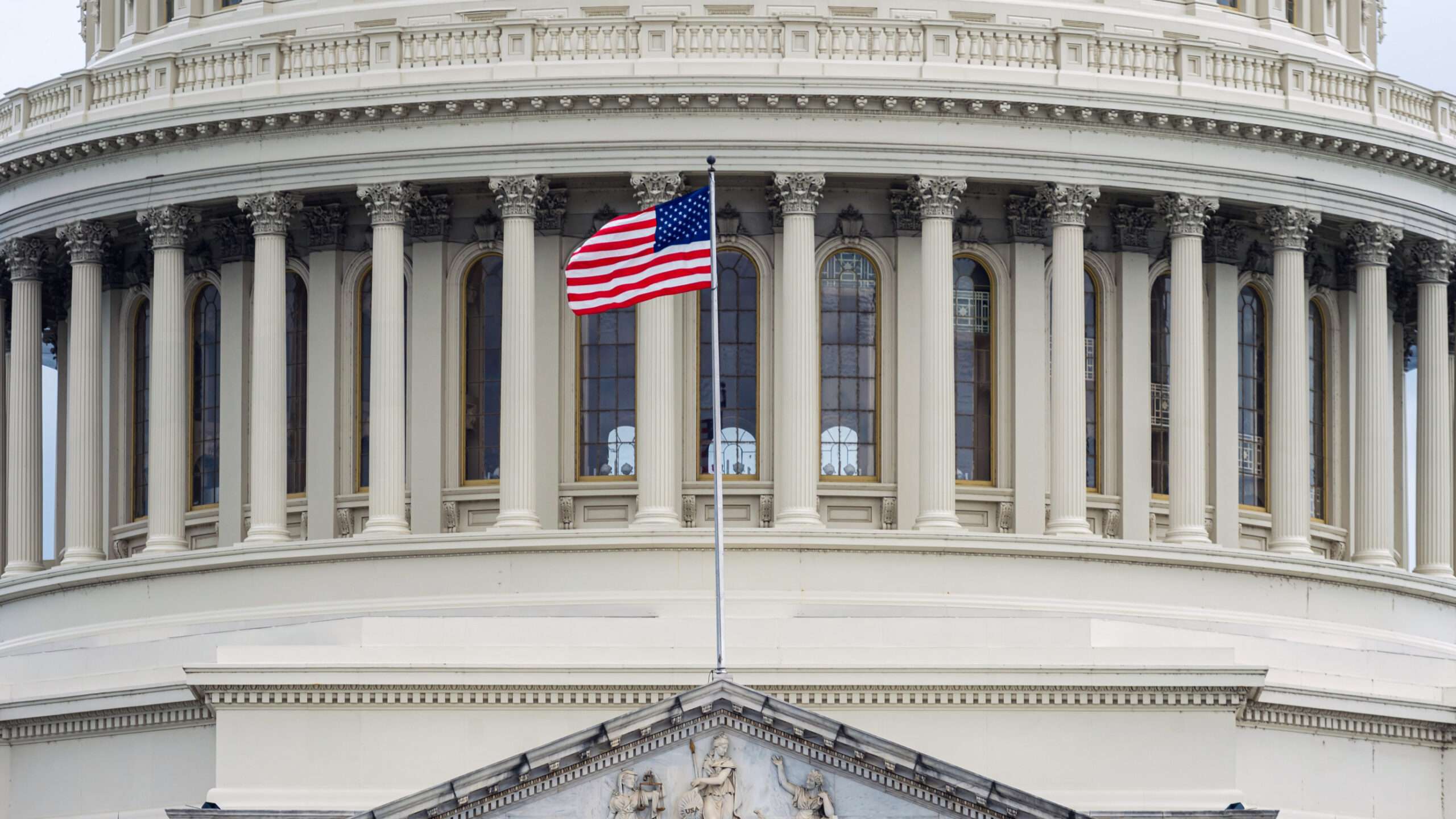CPA joined the following coalition letter in support of the inclusion of Representative Earl Blumenauer’s (D-OR) Import Security and Fairness Act in the America COMPETES Act, House Democrats China competition bill. CPA strongly supports the Import Security and Fairness Act, which will narrow an import loophole, known as de minimis, that is used by non-market economies and counterfeiters to ship hundreds of millions of packages valued under $800 into the United States without inspection, information disclosure, or duty payment.
Additional signatories of the coalition letter include: AFL-CIO, Alliance for American Manufacturing, International Brotherhood of Teamsters, Narrow Fabrics Institute, National Council of Textile Organizations, Service Employees International Union, U.S. Footwear Manufacturers Association, U.S. Industrial Fabrics Institute, United Steelworkers, and Workers United.
Dear Majority Leader Schumer, Leader McConnell, Speaker Pelosi and Leader McCarthy:
As the House begins consideration of the America COMPETES Act, and the House and Senate prepare to move to a conference committee on comprehensive legislation to address the growing threat posed by the Chinese Communist Party, we strongly urge you to prioritize the COMPETES Act’s Division K, Title III–Import Security and Fairness Act.
This provision of the bill will crack down on China’s aggressive exploitation of so-called “de minimis” procedures in our customs law.
De minimis treatment was never meant to be a major avenue of international commerce. It is an administrative provision to ensure customs officers do not waste government resources performing tariff assessments on items of trivial value. If a shipment falls below the de minimis threshold, then that shipment passes ports free of taxes or tariffs, and with little chance of scrutiny.
In 2016, Congress raised our de minimis threshold to $800, the highest in the world. Describing the consequences of that change, Laurie Dempsey, Director for Intellectual Property Rights and E-Commerce at U.S. Customs and Border Protection (CBP), wrote:
[The] change to the de minimis value, however, caused a dramatic increase in the volume of shipments making use of de minimis entry procedures. These procedures provide fewer data elements for CBP to use to effectively identify and target high-risk shipments, including for narcotics, counter-proliferation, and health and safety risks. The dramatic increase in shipments has left CBP with less information about a greater number of shipments.
The increasing use of new and changing industry business models, particularly in the e-commerce environment, further exacerbates this information gap. Entities receiving goods in the United States, which CBP previously believed to have limited financial interest in a shipment, are now critical players with increasing influence in how low-value goods move around the world.[1]
Aggressive logistics platforms have fueled exponential increases in de minimis shipments, which now account for over 2 million packages per day arriving at our borders. Unlike traditional import commerce, where goods would pass title to U.S. based importers and wholesalers before arriving at retailers, these two million de minimis shipments per day are mailed and couriered directly from foreign vendors into American homes. These de minimis shipments supercharge forced labor supply chains, hurting U.S. workers and our free trade partners, and flooding the U.S. with counterfeits and products that fail to meet health and safety standards.
In regard to these e-commerce shipments, CBP wrote that our “[a]dversaries seek to exploit this volume, presenting CBP with economic risks in the form of intellectual property rights (IPR) infringement as well as safety risks from poor quality and untested consumer products. In FY2020, 90 percent of IPR seizures were found in express and international mail shipments.”[2]
While express courier and mail shipments are the means of sending counterfeits, China is the main source. CBP states:
The People’s Republic of China (mainland China and Hong Kong) remained the primary source economy for seized counterfeit and pirated goods, accounting for 83 percent of all IPR seizures.[3]
While some may claim otherwise, the truth is that the United States is under no international obligation to extend the same de minimis threshold to the whole world. Just like our preferential tariffs for some trading partners, we maintain varying degrees of customs facilitation with a host of different nations. It is also worth noting that this unilateral tax and trade concession to the Chinese is wildly imbalanced in the international trading system. China maintains a de minimis level of 50 yuan, which is approximately $7, versus our $800. The Chinese recognize the potential dangers to their domestic sectors if foreign manufacturers can access their consumers with zero tariffs and minimal customs requirements but are zealously exploiting this same loophole to push all other competitors from the U.S. marketplace.
In conclusion, as every day goes by and another two million shipments enter our country without scrutiny, or paying applicable taxes or tariffs, our economic and national security are further hollowed out. We implore you to insist on the inclusion of Division K, Title III–Import Security and Fairness Act both in the House’s America COMPETES Act and as part of a final conference report.
Sincerely,
AFL-CIO
Alliance for American Manufacturing
Coalition for a Prosperous America
International Brotherhood of Teamsters
Narrow Fabrics Institute
National Council of Textile Organizations
Service Employees International Union
U.S. Footwear Manufacturers Association
U.S. Industrial Fabrics Institute
United Steelworkers
Workers United
[1] U.S. Customs and Border Protection, Section 321 Data Pilot’s Privacy Impact Assessment, September 26, 2019, available at https://www.dhs.gov/sites/default/files/publications/privacy-pia-cbp-section321-059-september2019.pdf
[2] CBP Trade and Travel Fiscal Year 2020 Report (Feb. 2021), pg. 13, available at https://www.cbp.gov/document/annual-report/cbp-trade-and-travel-fiscal-year-2020-report














